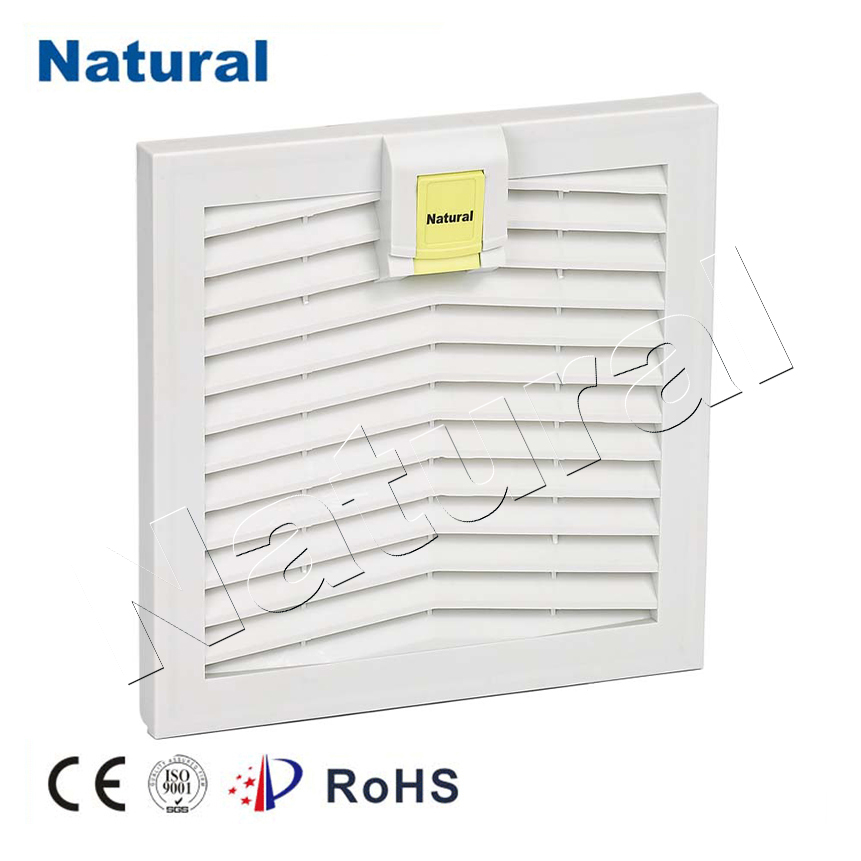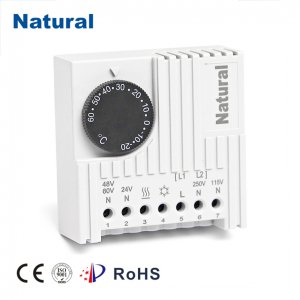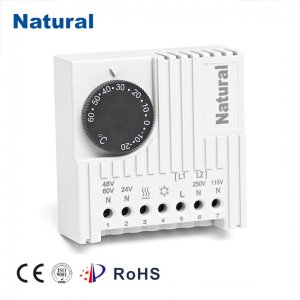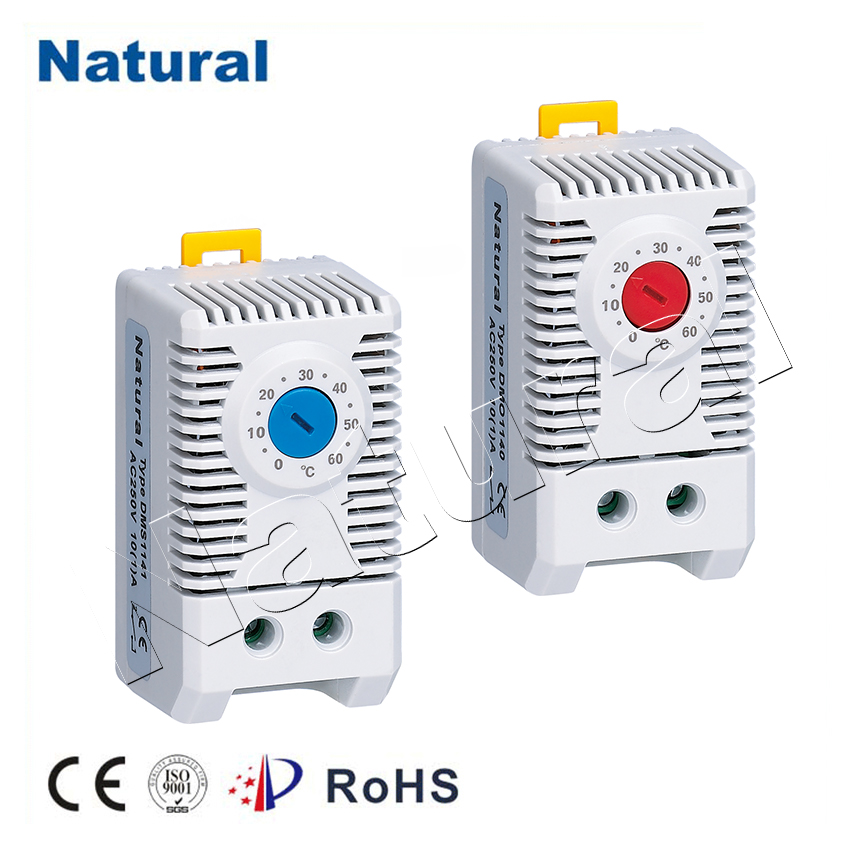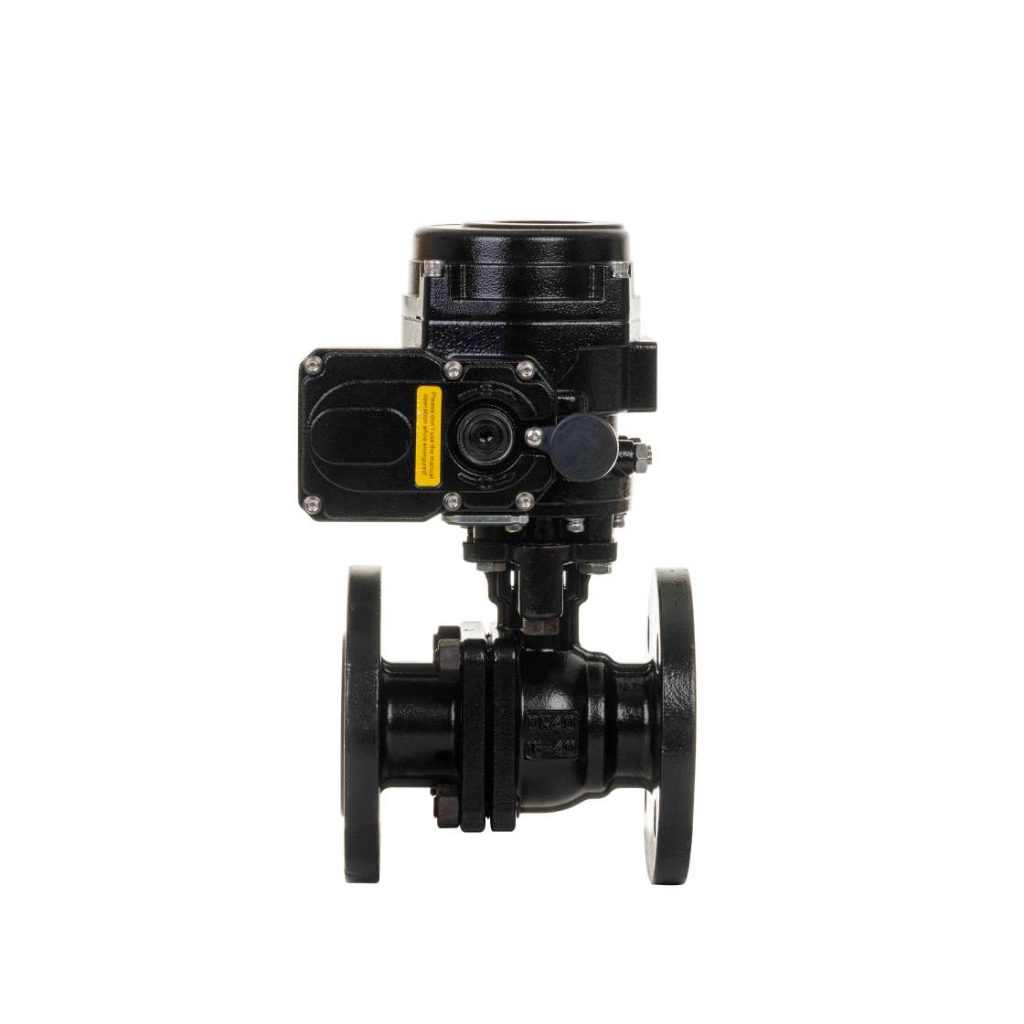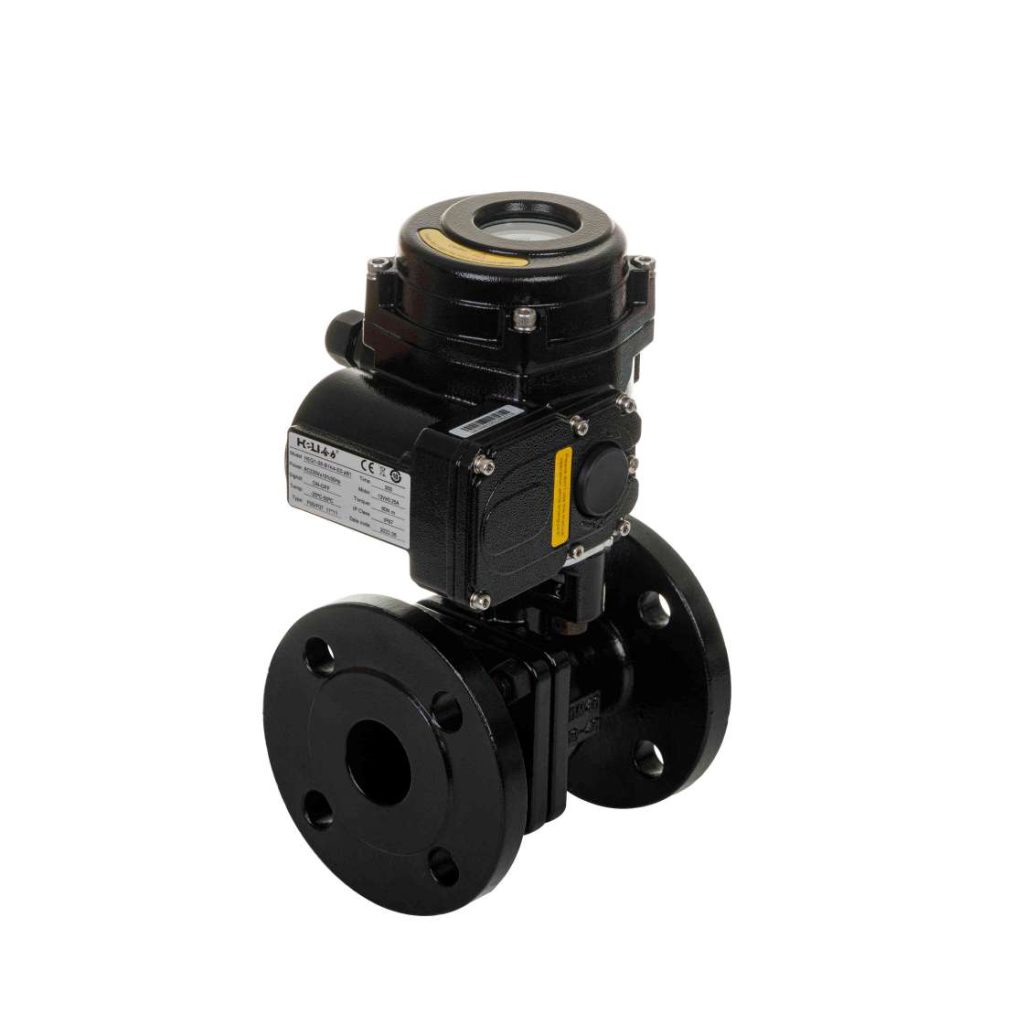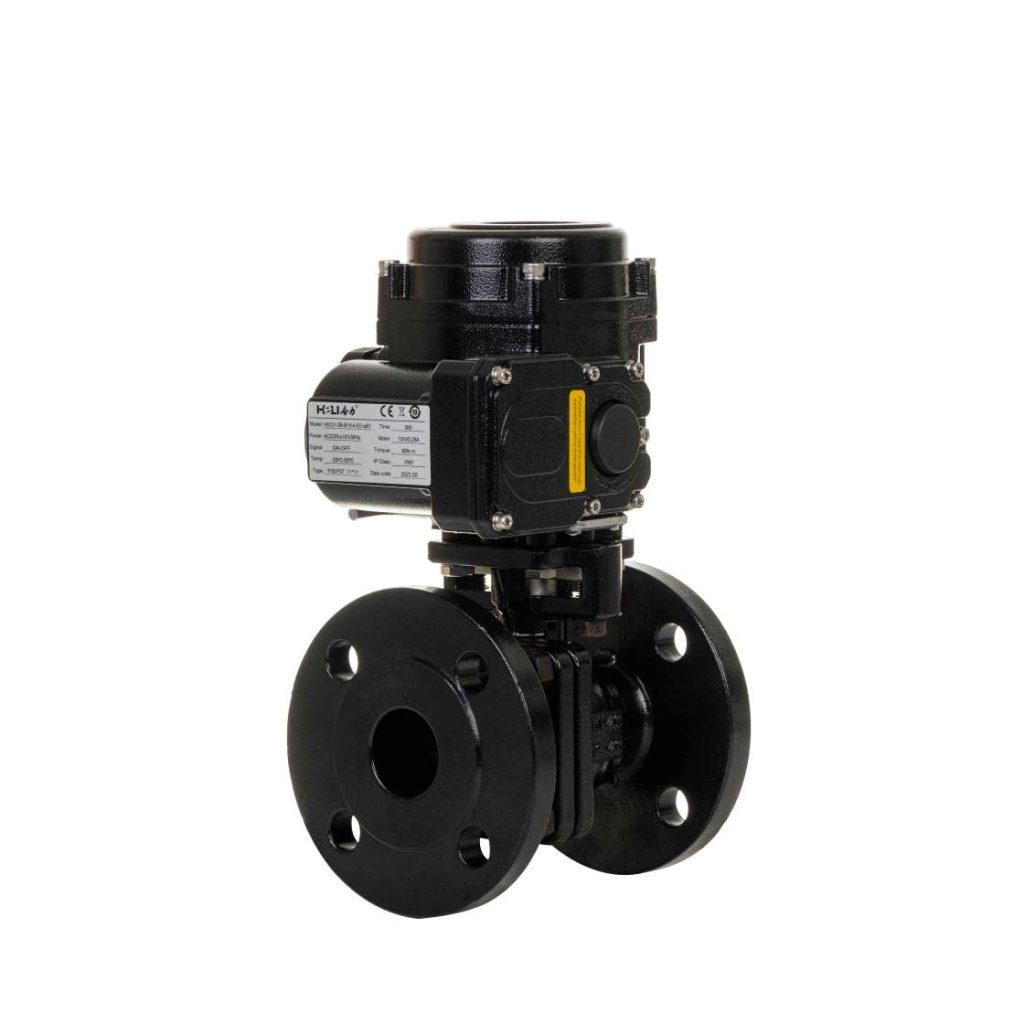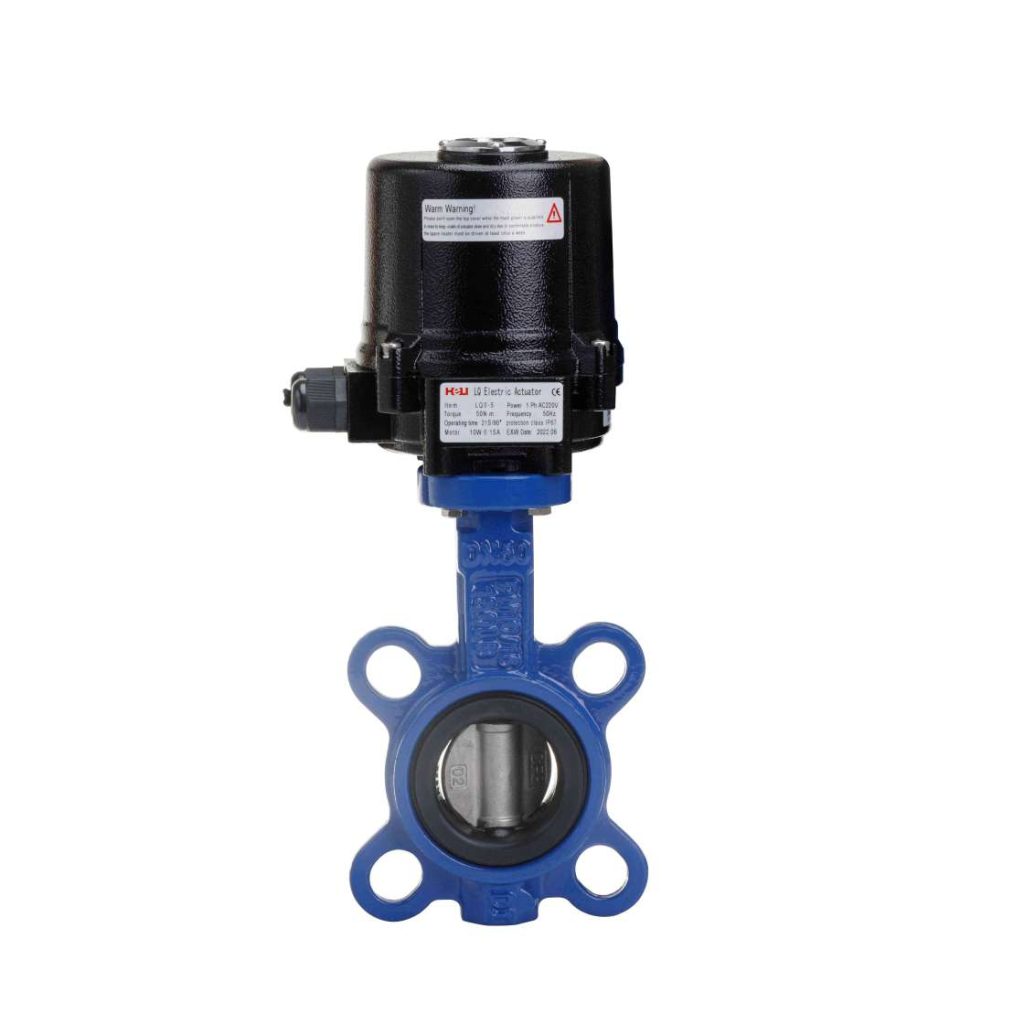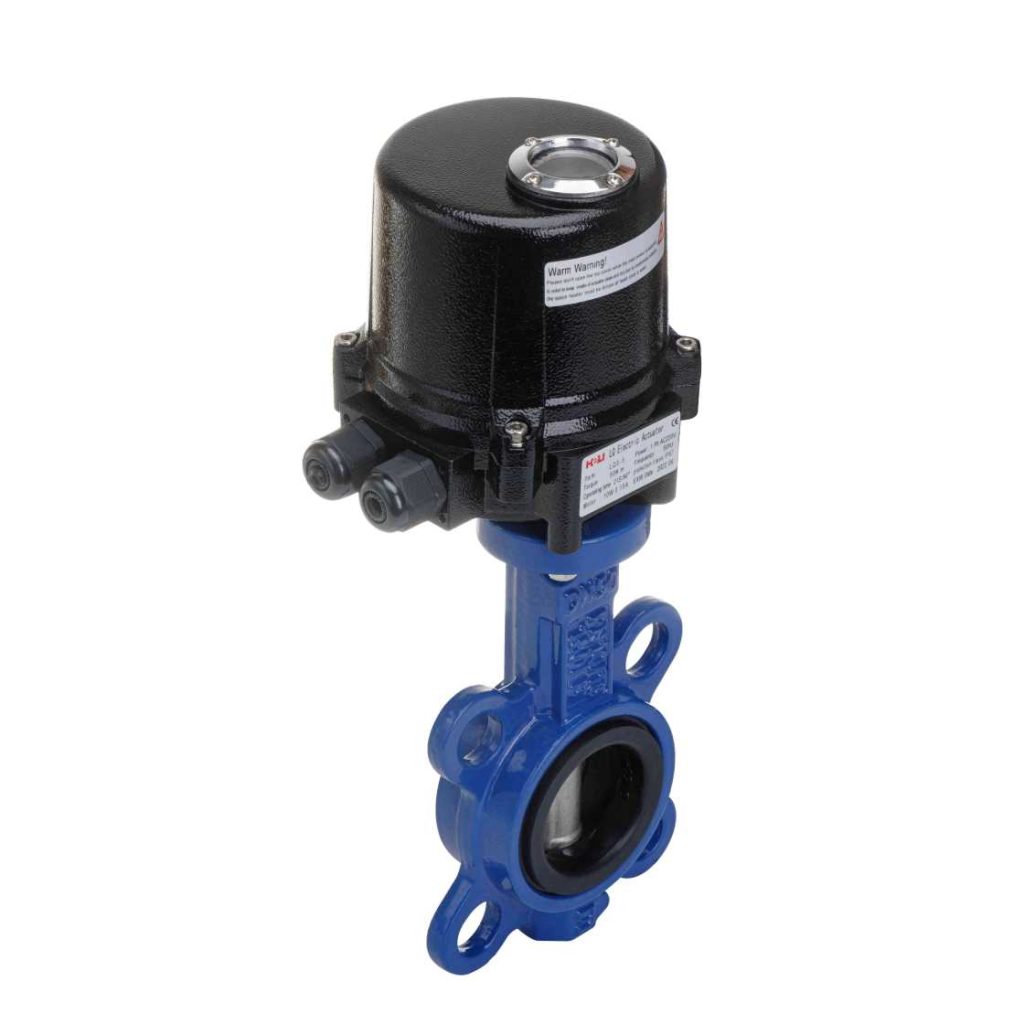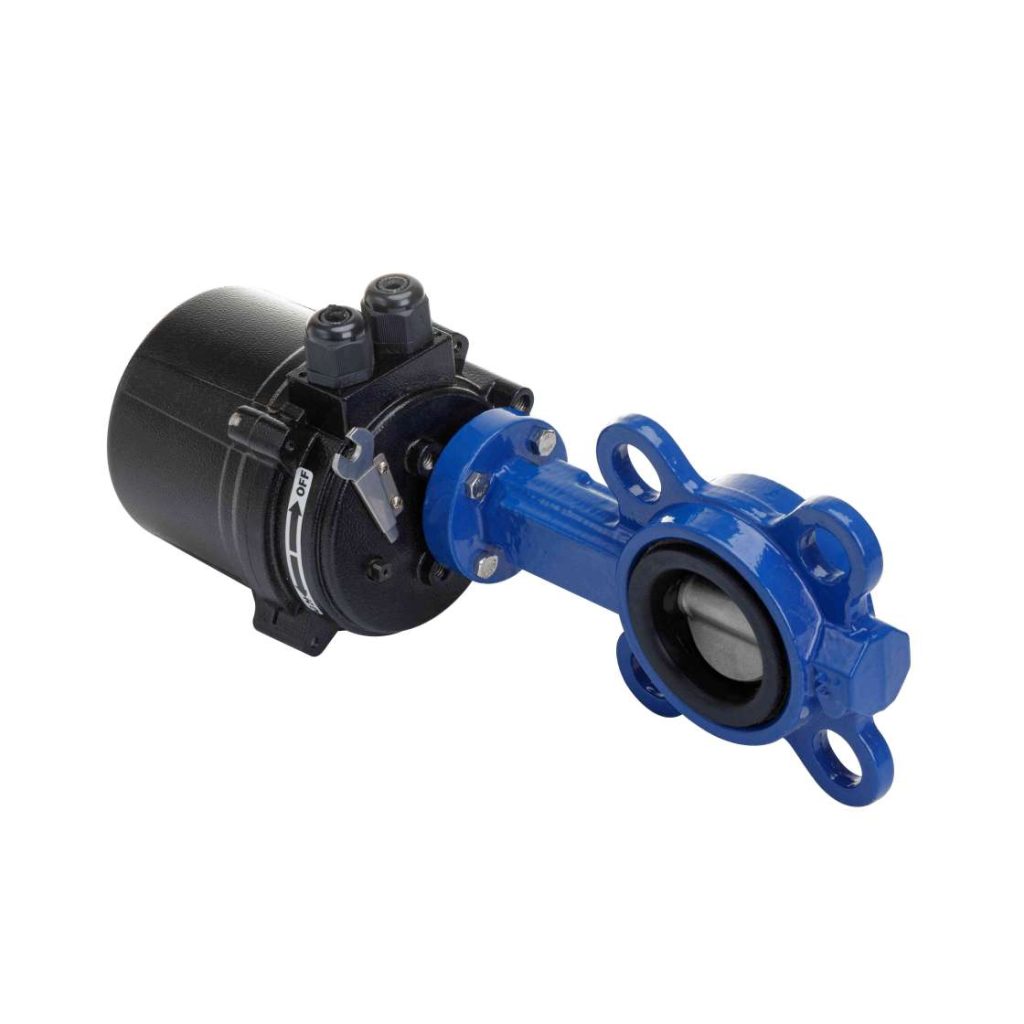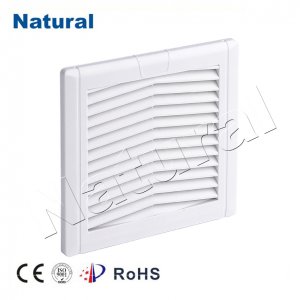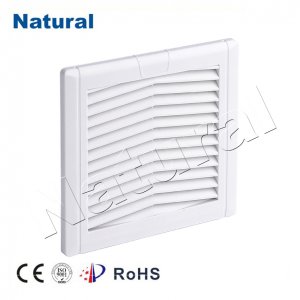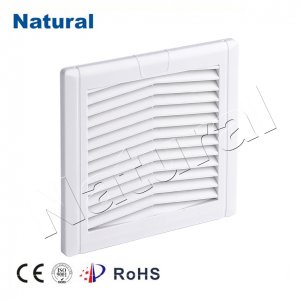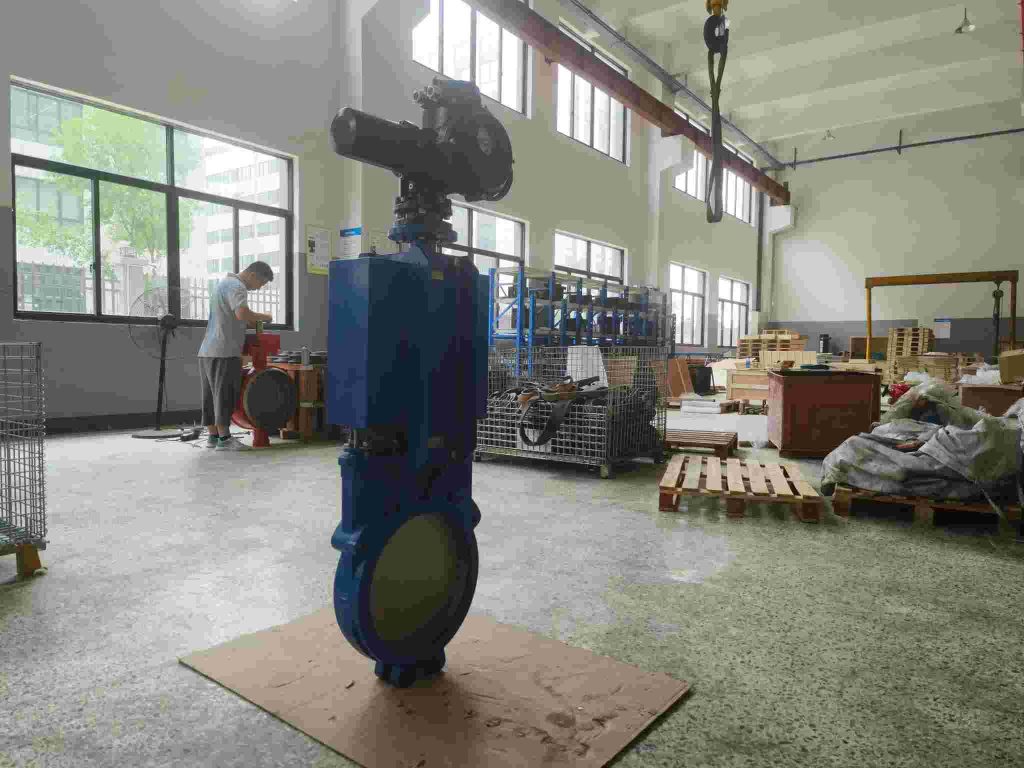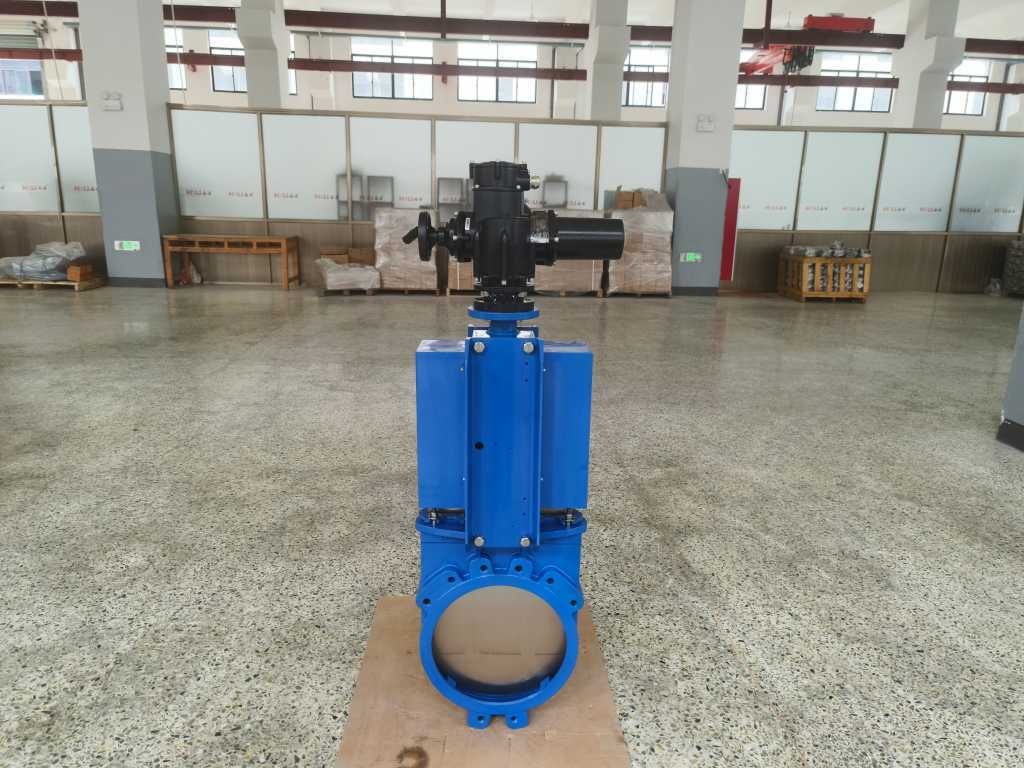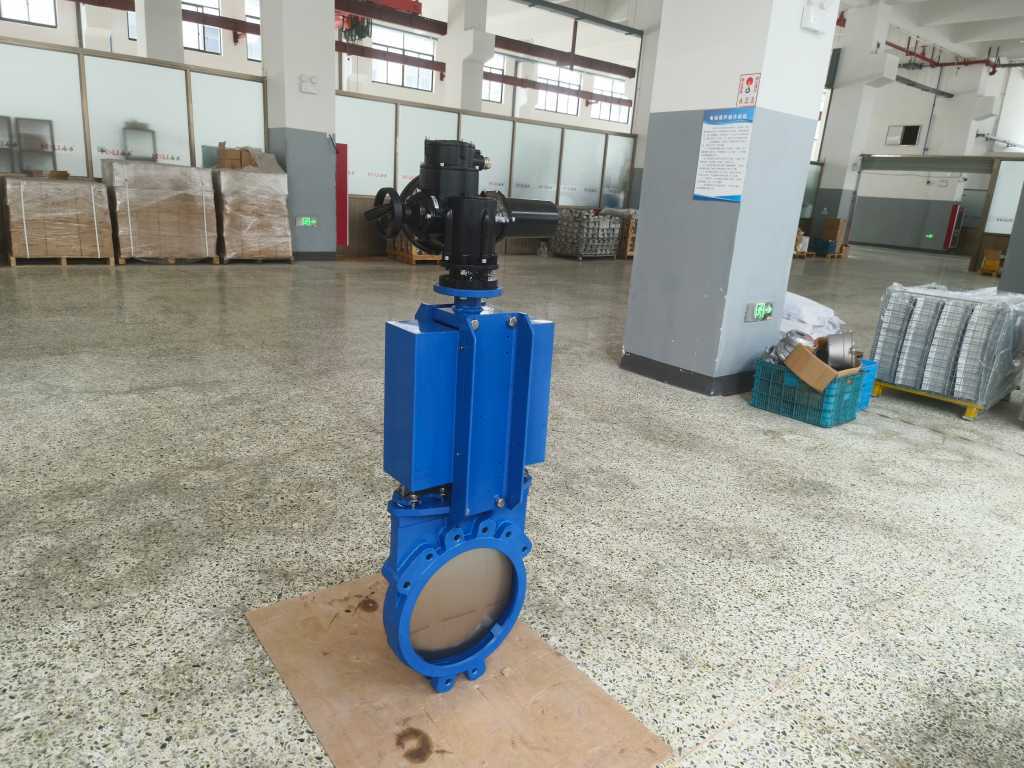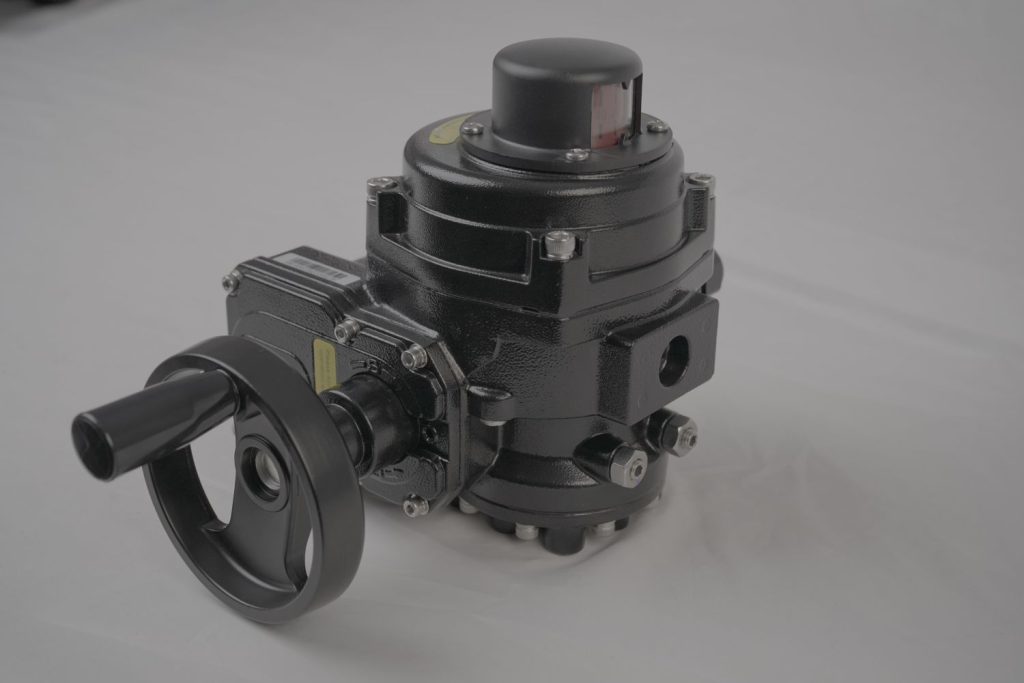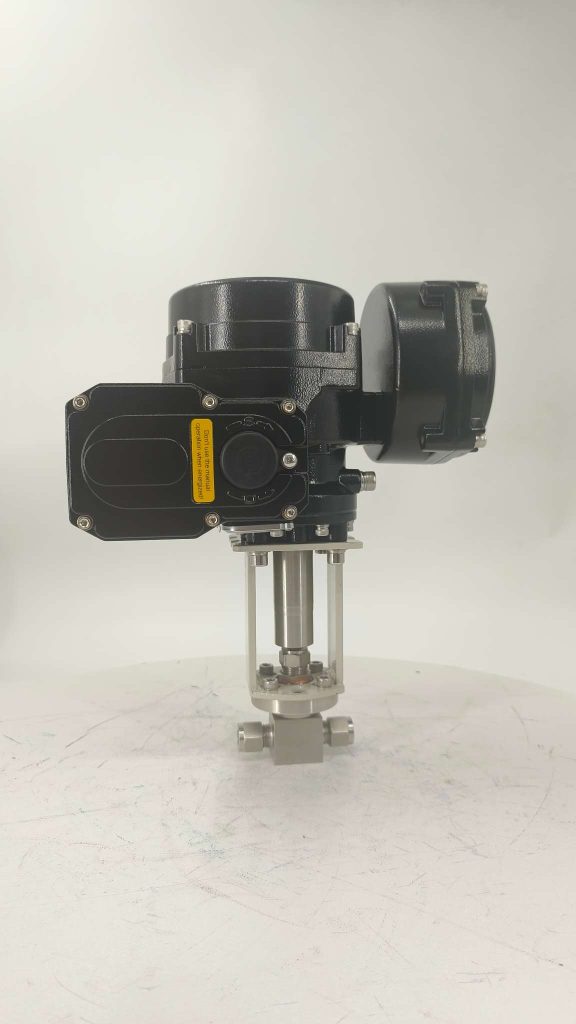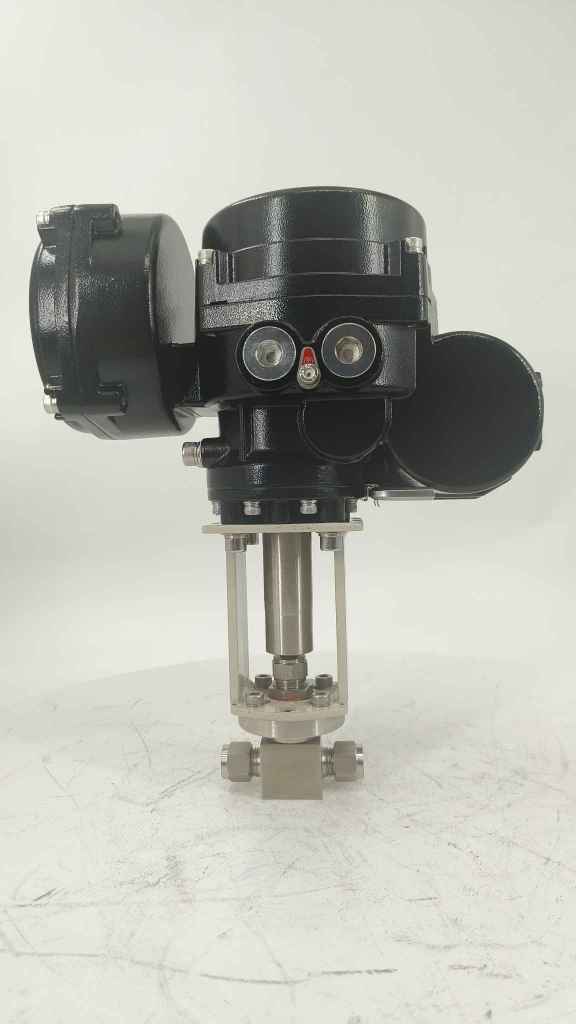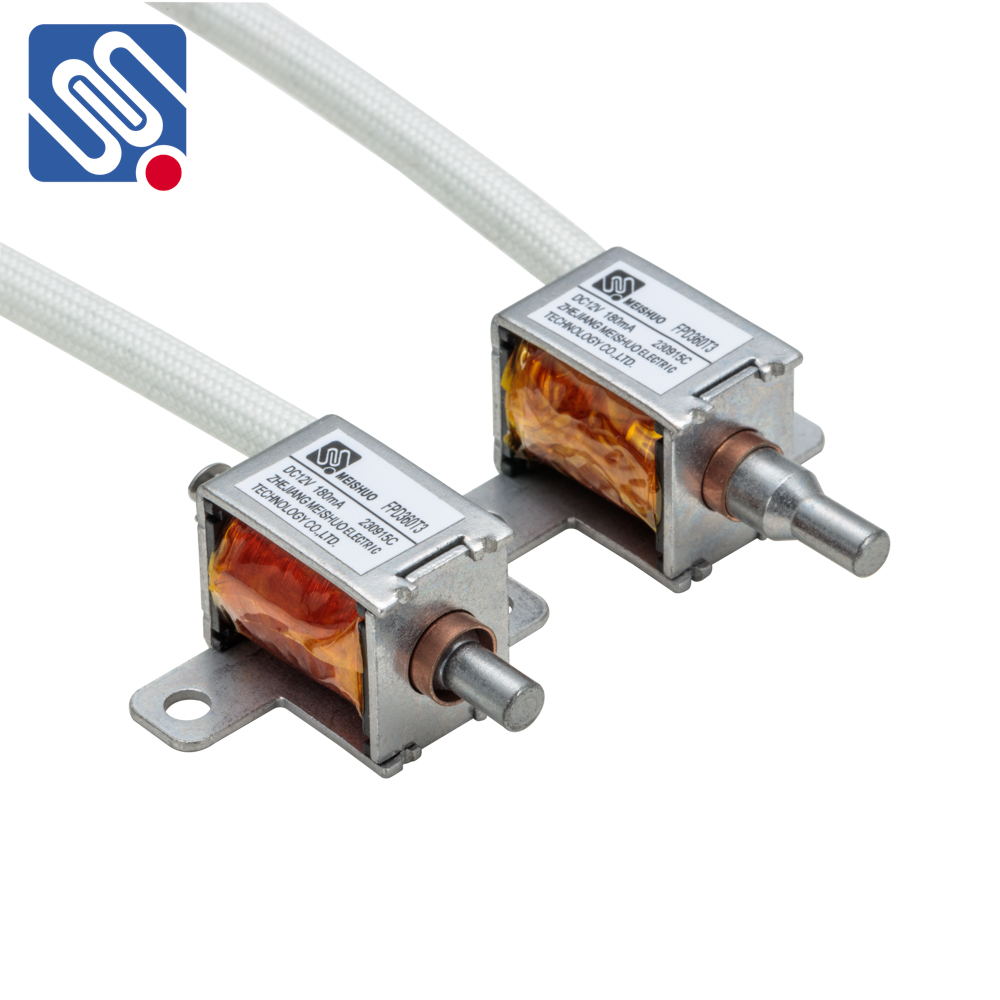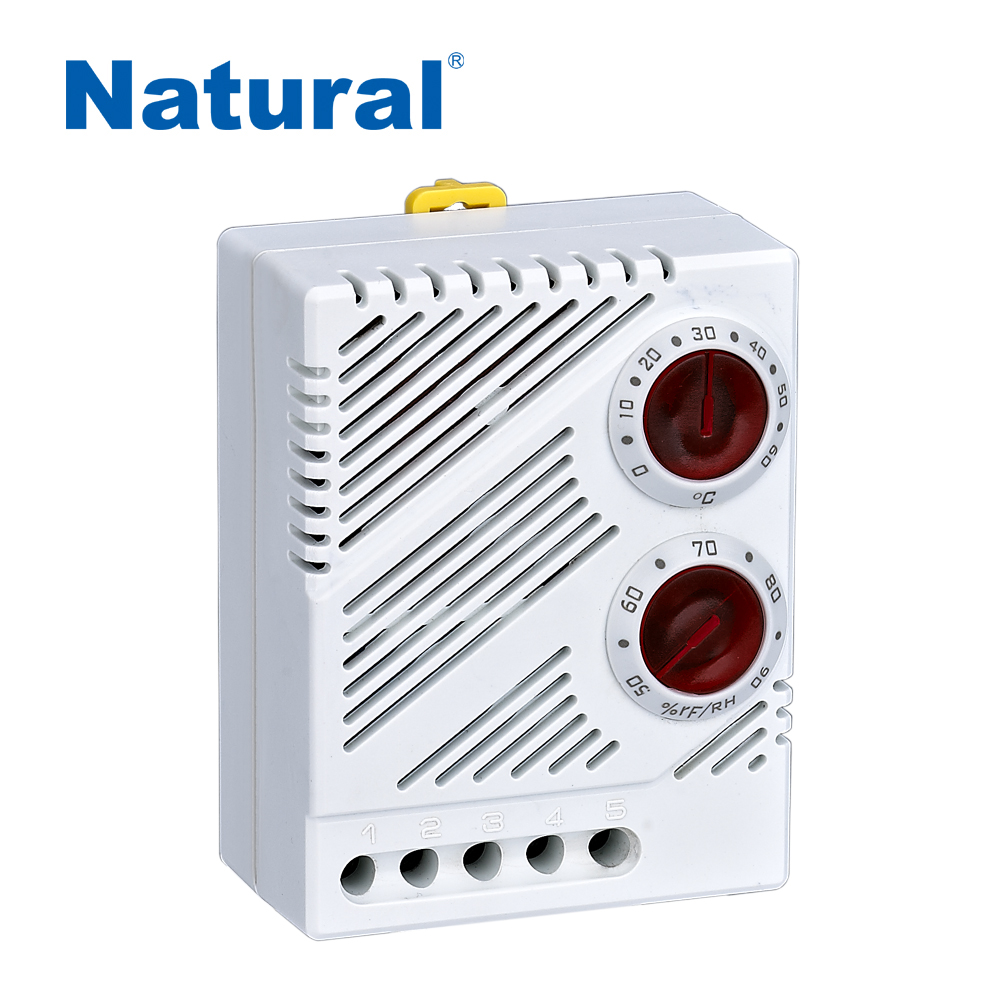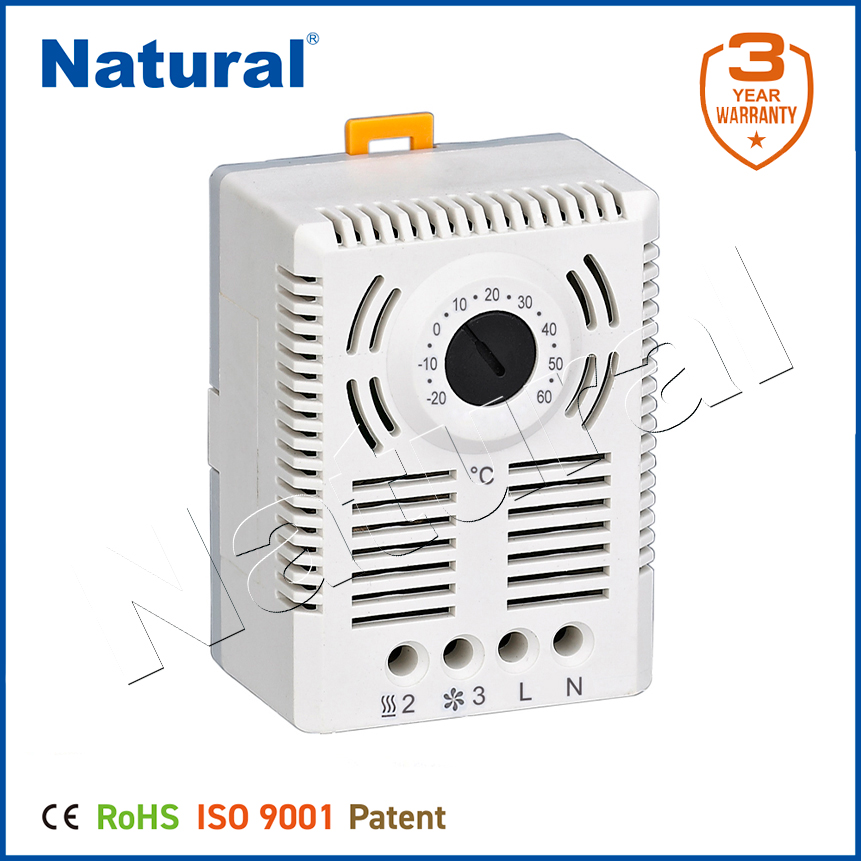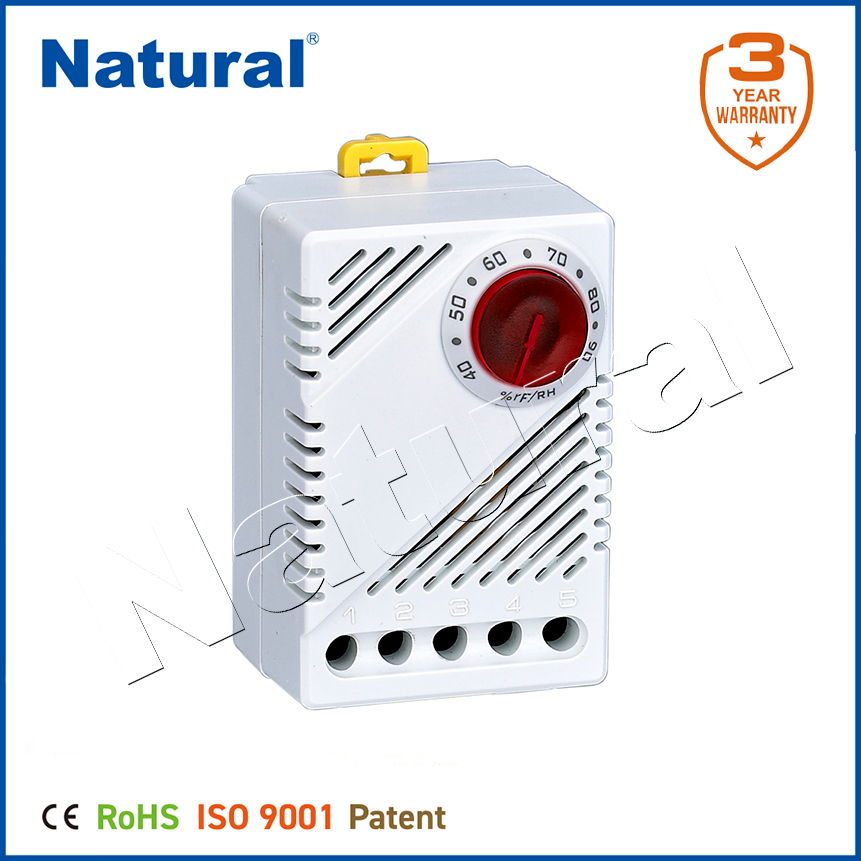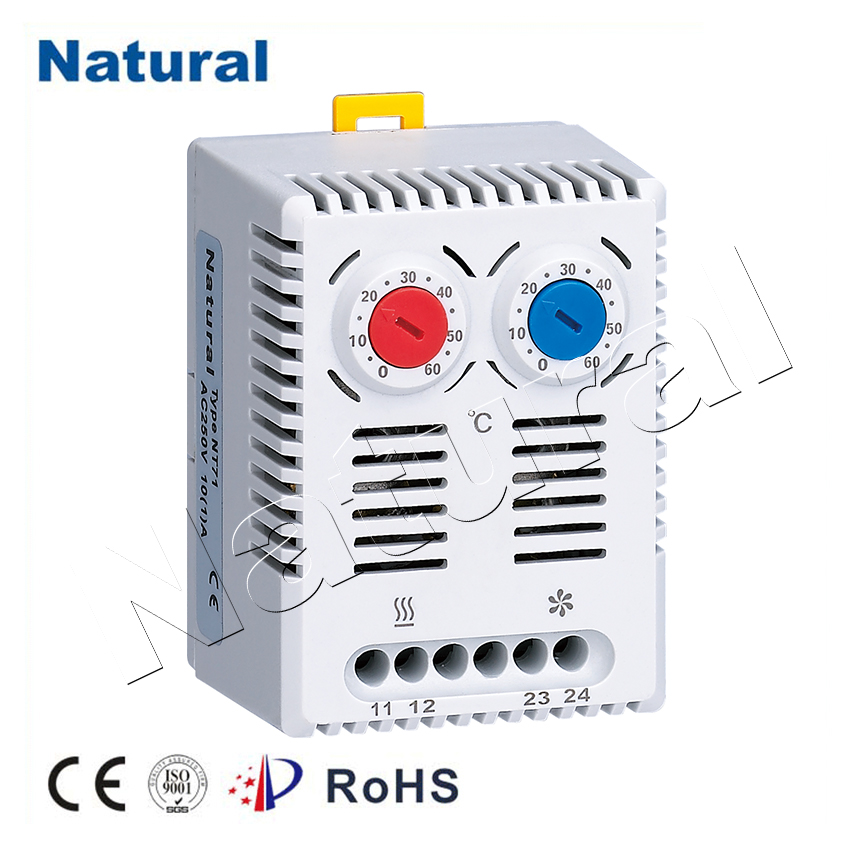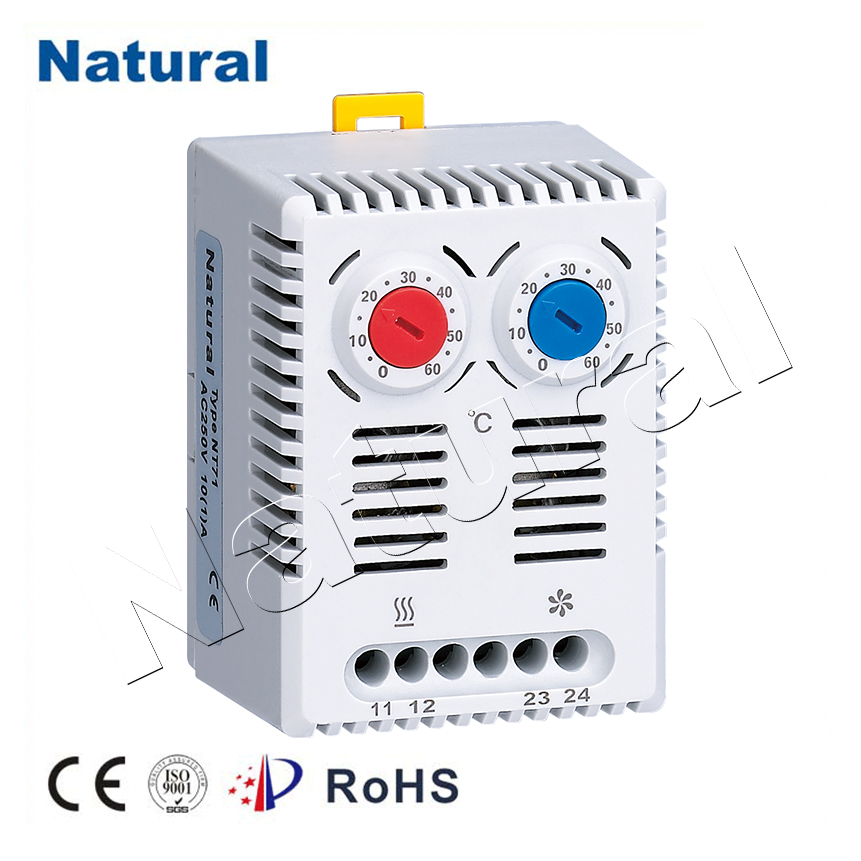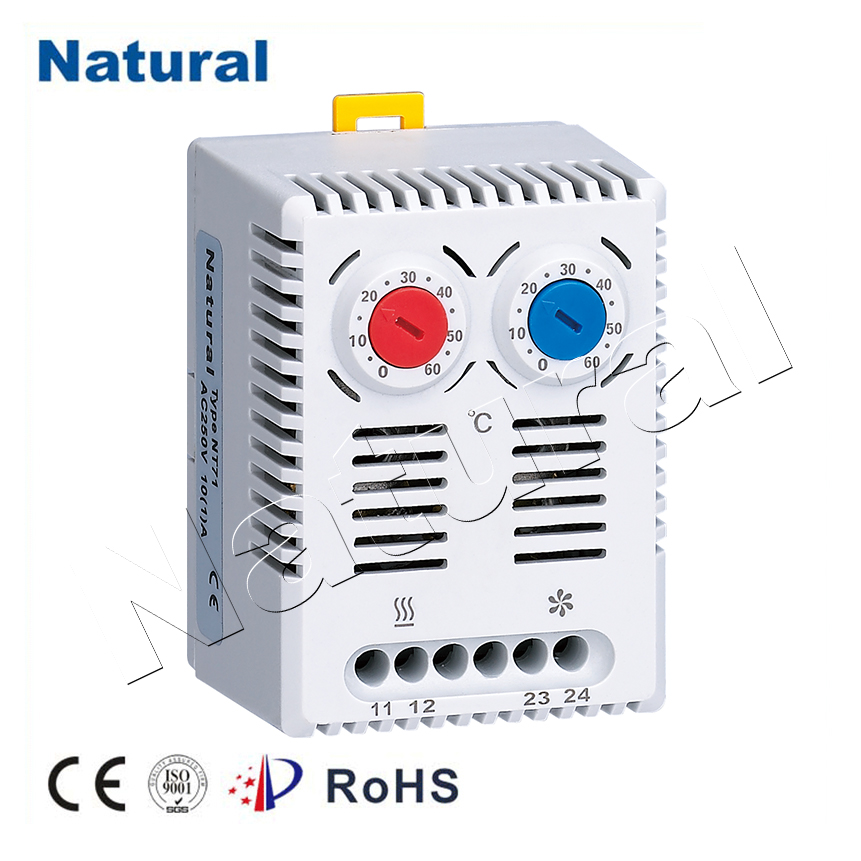Fan filter air units (FFUs) are vital components in maintaining the air quality and cleanliness standards of controlled environments, such as cleanrooms, laboratories, and manufacturing facilities. These systems are designed to filter airborne particles, ensuring that the air circulating within these spaces is free from contaminants. In industries where precision, safety, and hygiene are paramount, the role of FFUs cannot be overstated. This article explores the significance, components, and applications of fan filter air units, highlighting how they contribute to maintaining optimal air conditions.
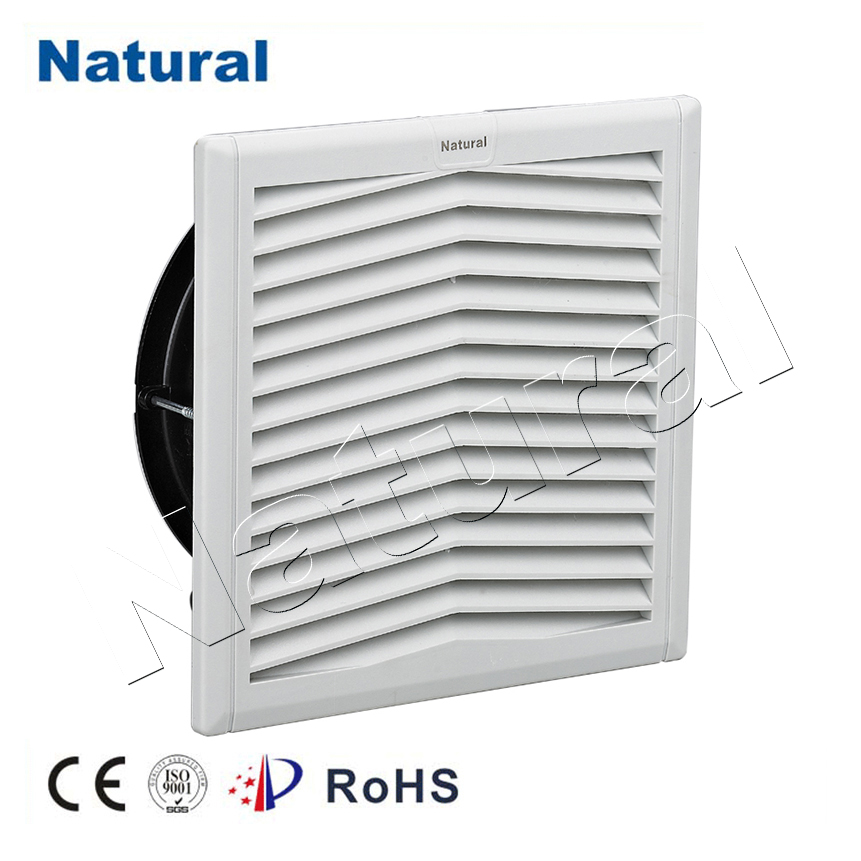
What is a Fan Filter Air Unit?
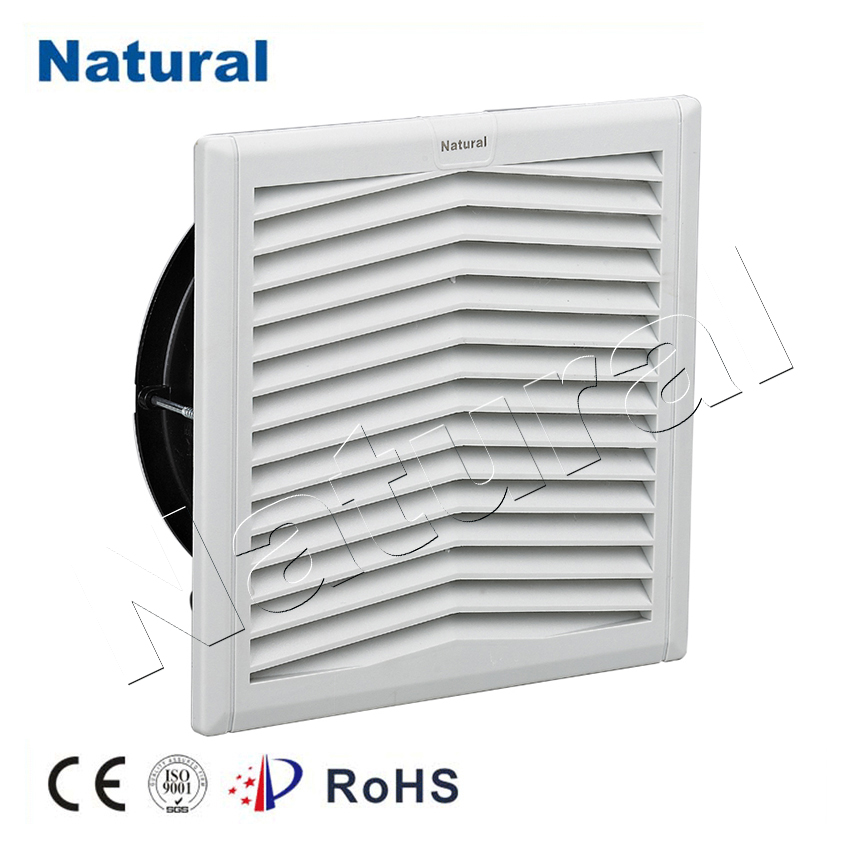
A fan filter air unit, or FFU, is an air filtration system that uses a combination of a fan and a high-efficiency filter to ensure that the air entering a space meets stringent cleanliness standards. Typically installed in cleanrooms or controlled environments, these units help to regulate air quality by removing particulates and preventing contamination. They are designed to provide localized air filtration, making them an essential tool in environments where even the smallest amount of contamination could compromise the integrity of a process or product. The primary purpose of an FFU is to maintain the air cleanliness by continuously circulating and filtering the air. Depending on the type of filter used (e.g., HEPA or ULPA filters), these systems can capture particles as small as 0.3 microns, which is crucial in industries like pharmaceuticals, biotechnology, electronics, and healthcare.
